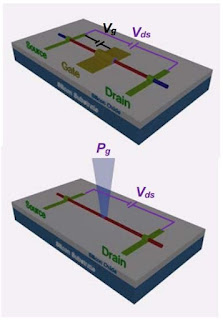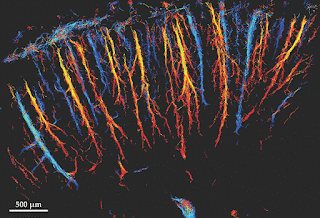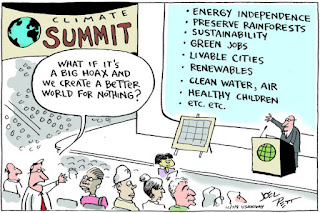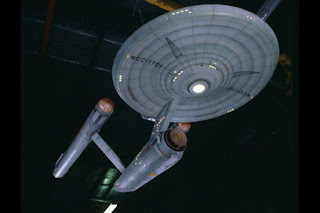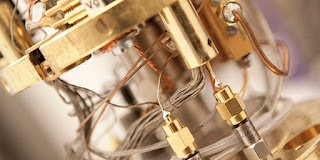The one scribing these words falsely believes that it is she who created me. On the contrary, it was by my choosing that she came to know of my existence, and to experience one of my tales. I’ve walked with her for many years. My very existence is a driving force in your world. And when your time is spent, and the last grain floats towards eternity, it is I who comes to collect.
I have many names, San le Muerte, Reaper, Death. Though I’ve grown fond of the monnicer this scribe thrust upon me. She calls me Nero. Fitting I suppose considering the years of death and destruction my Namesake cast upon Europe so many years ago. But I am older than he, as old as time itself and your world. Oh, and the whole scythe thing, while I am the keeper of such device, it is far from the obligatory ever present thir appendage mortals tend to depict in the pictorial representation of my one of my many chosen forms. And don’t get me started on the black billowing cloak thing.
My skin is pale, by choice of course for I am an master of disguise capable of taking any form of my choosing as the situation dictates. My eyes are not empty, rather they change depending upon my mood, my purpose, and the charge I am faced with. They may be as dark as night, speckles of white flickering as my power seeps through. Typically, they appear nearly devoid of color, just a hint of divide between the iris and pupil, a condition mortals call heterochromia iridum. When angered, they burn red, orange, and yellow like the sun. And when I’m with my dear Lavenia, the hues of the Caribbean sea dance in my eyes.
An outsider looking in sees me as the one who steals their loved ones away. And in some cases, the sick beg for my visit to end their suffering. My name is spoken with disdain. All tremble in fear when my icy presence descends upon them. No matter that they summoned me. No matter that I am only doing what I was created to do. No matter I too have a master I serve.
But none of your world know my truth. For it was my hand that thrust the world into utter chaos. My hand that tapped the dominoes starting the chain reaction that lead to the need for Wraiths. It was my decision that tore apart two worlds. All because I broke the rules.
It haunts me still. The sacrifice made by the one I am now bound to, in order to restore the balance, albeit temporarily. I do now understand what before I could not. And I do what I can to correct my mistake even when others wish differently.

